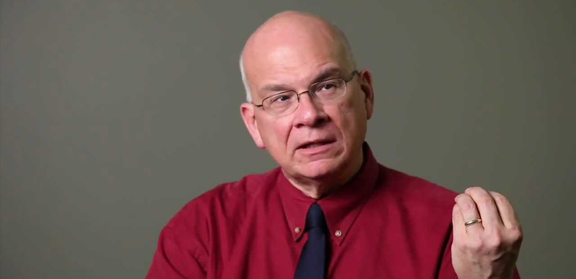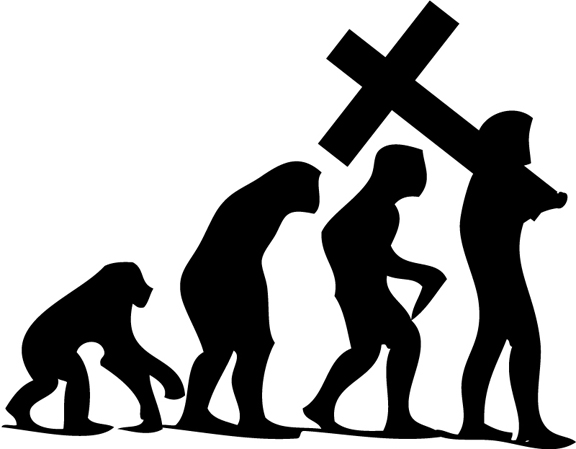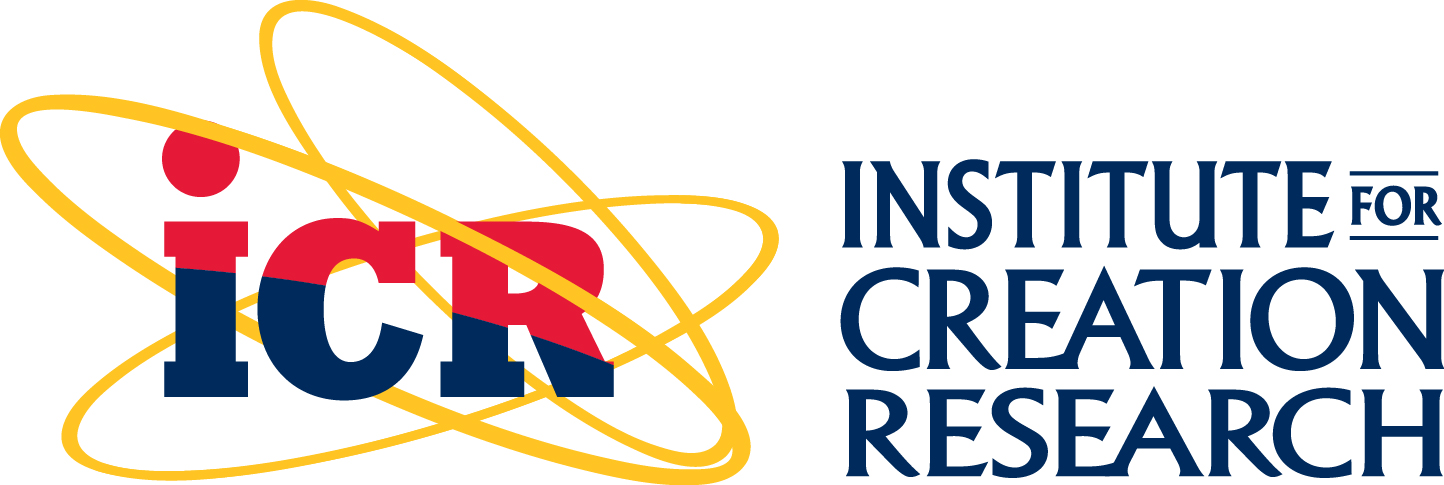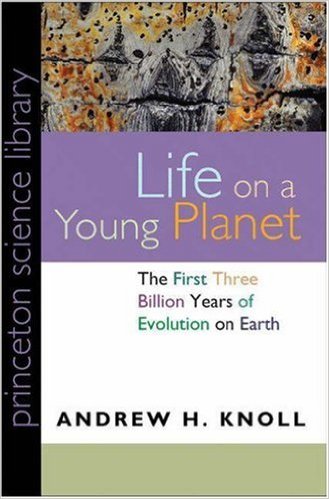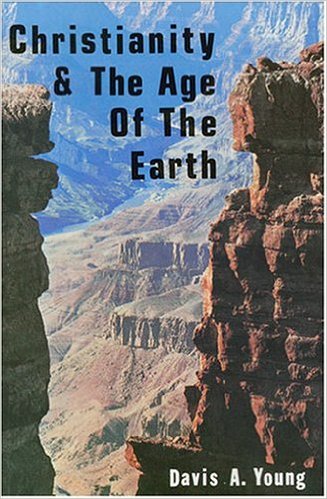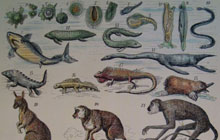While these secular scientists see evolution and creationism as incompatible, there are Christians today whose worldview makes room for both concepts. Most notable is BioLogos, whose current tagline reads, “BioLogos invites the church and the world to see the harmony between science and biblical faith as we present an evolutionary understanding of God’s creation.”They explain:
A central feature of young earth creationism is the claim that the earth and universe were created no more than 10,000 years ago. At BioLogos, we believe that a serious and faithful reading of Scripture doesn’t call for such a recent origin, and we are persuaded that God has shown us through the natural world he created that his creative work began much earlier than that.
Christian pastor and BioLogos contributor Tim Keller believes the assumed incompatibility of creationism and evolution is problematic. Consider the following excerpt from Keller’s paper “Creation, Evolution, and Christian Laypeople” (Source).
——
Many secular and many evangelical voices agree on one ‘truism’—that if you are an orthodox Christian with a high view of the authority of the Bible, you cannot believe in evolution in any form at all. New Atheist authors such as Richard Dawkins and creationist writers such as Ken Ham seem to have arrived at consensus on this, and so more and more in the general population are treating it as given. If you believe in God, you can’t believe in evolution. If you believe in evolution, you can’t believe in God.
This creates a problem for both doubters and believers. Many believers in western culture see the medical and technological advances achieved through science and are grateful for them. They have a very positive view of science. How then, can they reconcile what science seems to tell them about evolution with their traditional theological beliefs? Seekers and inquirers about Christianity can be even more perplexed. They may be drawn to many things about the Christian faith, but, they say, “I don’t see how I can believe the Bible if that means I have to reject science.”
However, there are many who question the premise that science and faith are irreconcilable. Many believe that a high view of the Bible does not demand belief in just one account of origins. They argue that we do not have to choose between an anti-science religion or an anti-religious science. They think that there are a variety of ways in which God could have brought about the creation of life forms and human life using evolutionary processes, and that the picture of incompatibility between orthodox faith and evolutionary biology is greatly overdrawn.
——–
In the remainder of Keller’s paper, he addresses three primary difficulties that orthodox Christians face when attempting to marry modern evolutionary science with historical theology. He lays them out in an initial question and answer format and follows with a more thorough discussion:
Question #1: If God used evolution to create, then we can’t take Genesis 1 literally, and if we can’t do that, why take any other part of the Bible literally?
Answer: The way to respect the authority of the Biblical writers is to take them as they want to be taken. Sometimes they want to be taken literally, sometimes they don’t. We must listen to them, not impose our thinking and agenda on them.
Question #2: If biological evolution is true—does that mean that we are just animals driven by our genes, and everything about us can be explained by natural selection?
Answer: No. Belief in evolution as a biological process is not the same as belief in evolution as a worldview.
Question #3: If biological evolution is true and there was no historical Adam and Eve how can we know where sin and suffering came from?
Answer: Belief in evolution can be compatible with a belief in an historical fall and a literal Adam and Eve.There are many unanswered questions around this issue and so Christians who believe God used evolution must be open to one another’s views.
Keller’s conclusion offers a few overarching ideas to be kept in mind when approaching this discussion.
——-
How do we correlate the data of science with the teaching of Scripture? The simplest answer for scientists would probably be to say ‘who cares about Scripture and theology?’ but that fails to do justice to the authority of the Bible, which Jesus himself took with utmost seriousness. The simplest answer for theologians would probably be to say ‘who cares about science?’ but that does not give nature its proper importance as the creation of God. Psalm 19 and Romans 1 teach that God’s glory is revealed as we study his creation, yet in the end both of those passages say that it is only Scripture which is the ‘perfect’ revelation of God’s mind (Psalm 19:7). We must interpret the book of nature by the book of God. “It cannot be said too strongly that Scripture is the perfect vehicle for God’s revelation…its bold selectiveness, like that of a great painting, is its power. To read it with one eye on any other account is to blur its image and miss its wisdom.”
My conclusion is that Christians who are seeking to correlate Scripture and science must be a ‘bigger tent’ than either the anti-scientific religionists or the anti-religious scientists. Even though in this paper I argue for the importance of belief in a literal Adam and Eve, I have shown here that there are several ways to hold that and still believe in God using [evolutionary biological processes].



